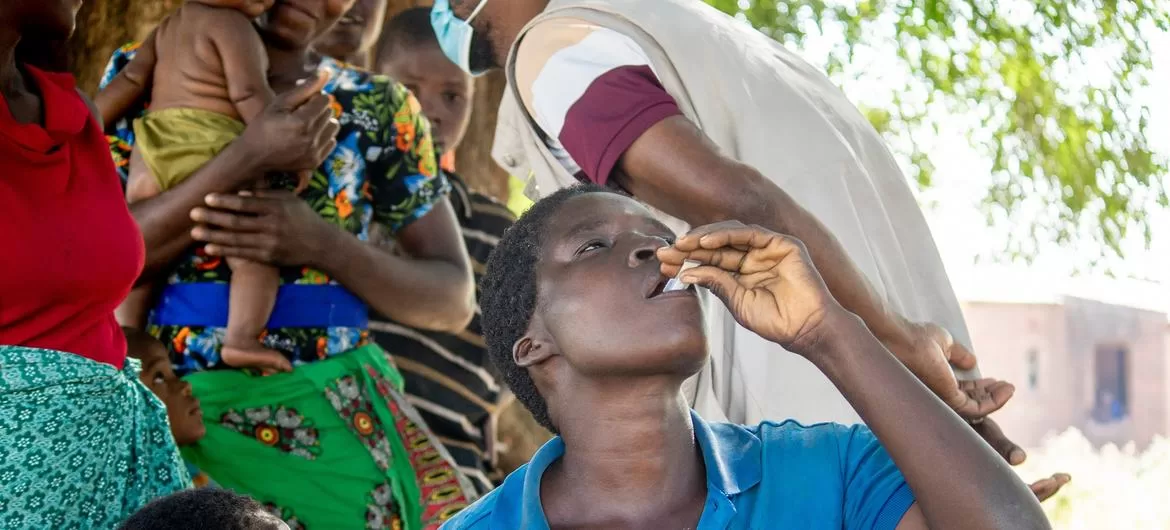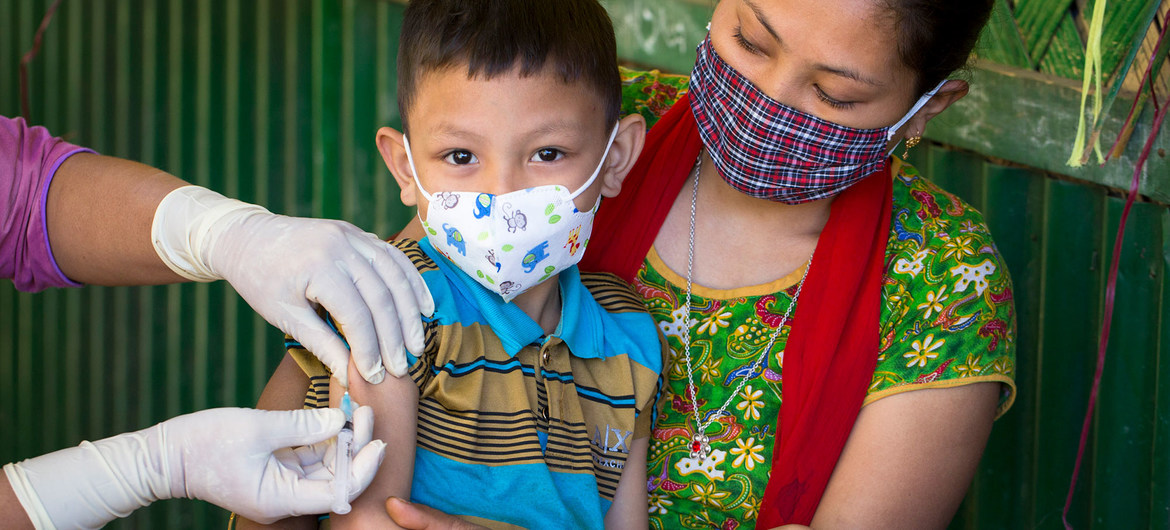February 24, 2025 – A cholera outbreak in Sudan’s White Nile State has led to the deaths of at least 83 people within the past 72 hours, according to local non-governmental organizations (NGOs). The crisis has escalated rapidly, with health officials and humanitarian groups warning of dire conditions on the ground.
The Sudanese Doctors Network reported that, as of Friday, 1,197 individuals had been infected with cholera, with 259 of them having recovered. The network described the situation as “catastrophic” and urged authorities to establish additional treatment centers, as hospitals are struggling to accommodate the surge in patients due to a severe shortage of beds.
Local organizations are calling for urgent action, including increased public awareness campaigns, disinfection of markets, improved drinking water safety measures, and the distribution of chlorine in areas lacking proper water networks. The rapid spread of cholera has placed immense strain on the health infrastructure, and experts fear the death toll could continue rising.
Health Situation in Kosti Worsens
The Nidaa Al-Wasat Platform, a volunteer organization, warned that the situation in Kosti, a major city in White Nile State, is becoming increasingly dangerous. More than 800 cholera cases and dozens of related deaths have been recorded in the city.
Doctors Without Borders (MSF) confirmed the alarming conditions, revealing that over 800 patients with severe symptoms—such as acute watery diarrhea, dehydration, vomiting, and sunken eyes—have been admitted to the cholera treatment center at Kosti Teaching Hospital. MSF medical coordinator Francis Layoo Ocan stated that the center has reached its capacity, forcing medical staff to treat patients on the floor due to a lack of beds.
“If the situation continues like this over the next few days, we will run out of medical consumables, and our teams will be completely overwhelmed,” Ocan warned, urging other organizations to step in to help mitigate the crisis.
Contaminated Water and Ongoing Conflict Exacerbate the Crisis
The White Nile River is suspected to be the primary source of the outbreak. Recent drone attacks on the state’s Um-Dabakir power station have disrupted water treatment facilities, compelling residents to collect water directly from the river using animal-drawn carts.
In response to the outbreak, local authorities have prohibited water collection from the river, intensified water chlorination efforts, and shut down markets and most restaurants in the state. Meanwhile, Sudan’s Health Ministry announced the launch of a cholera vaccination campaign in White Nile, targeting residents aged one and above in Kosti and Rabak cities.
A Worsening Humanitarian Situation
Since last summer, Sudan has recorded 53,735 cholera cases and 1,430 deaths. The ongoing war between the paramilitary Rapid Support Forces (RSF) and the Sudanese Armed Forces has further complicated efforts to contain the outbreak. White Nile State has faced increasing attacks by the RSF, with a recent assault in the al-Gitaina area leaving 433 civilians dead, according to government reports.
The conflict, now approaching its second year, has devastated infrastructure, displaced millions, and worsened public health conditions, creating a perfect storm for disease outbreaks like cholera.
Disclaimer:
This report is based on information provided by local NGOs and international humanitarian organizations. The figures and developments mentioned are subject to change as the situation evolves.











